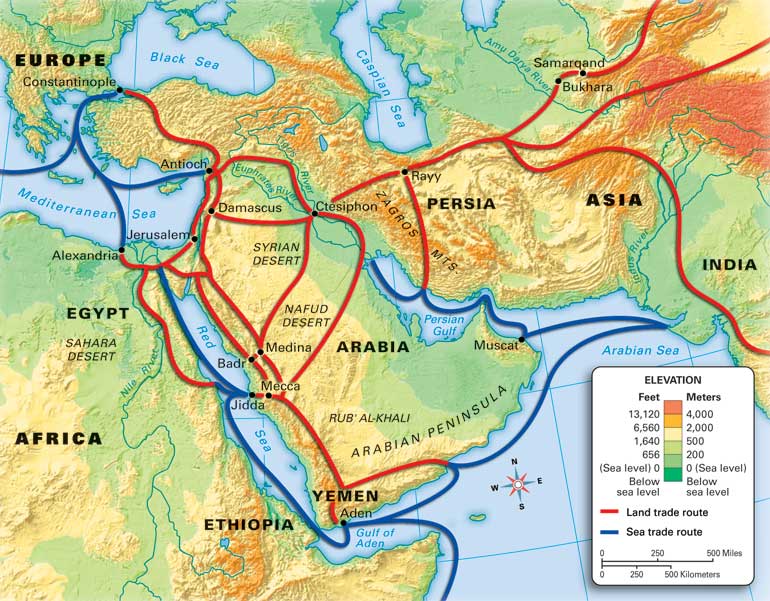sooda
Veteran Member
I believe the messianic age will include the third temple.
As a Christian, I used to wonder why there was so much description of a future temple in the scriptures when Jesus was said to be the ultimate sacrifice and the Lamb of God who takes away the sins of the world. So what reason would there be for another temple? Now my understanding is that the OT sacrifices pointed forward toward Jesus Christ and His sacrifice on the cross and that the future temple sacrifices during His millennial reign on the earth from Jerusalem, will point back as reminders of His great sacrifice of love and salvation.
The book of Revelation says there is no Temple.

